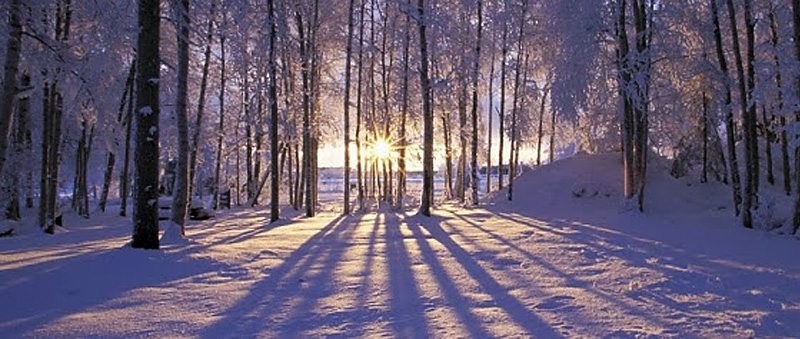 I admit it. The winter solstice is the most important day of the year for me. More than a birthday (including my own). More than a traditional holiday.
I admit it. The winter solstice is the most important day of the year for me. More than a birthday (including my own). More than a traditional holiday.
The word “solstice” comes from the Latin words “sol” for sun and “stit” (sistere) for “stopped.” So the solstice marks the time when the sun “stands still.” It’s when the North Pole is tilted farthest away from the sun. When the days turn. When the sunlight reverses.
Ancient cultures view the winter solstice as a time of death and rebirth. Egyptians celebrated the return of Ra, the Sun god, on a daily basis. Ancient Greeks held a similar festival called Lenaea. The Roman Empire held Saturnalia celebrations. Scandinavia’s Norsemen called the holiday “Yule.” Germanic peoples would celebrate the winter festival by honoring the pagan god, Odin.
I like how Albert Camus said it: “In the depth of winter, I finally learned that there was in me an invincible summer.”
Happy Astronomical New Year.

Don’t forget to watch the solstice livestreaming from Stonehenge this summer. There are links – the kids and I are going to watch it from our bunkers because that’s one of the few places in Europe I managed to take them when they were growing up. It is at 5:30 PM ET, I believe, on the 20th, and then the next morning.
It’s also a special day for me, as it was my dad’s birthday.
Welcome, and thanks for the tips, Alicia!
The winter solstice has always been a special day for me since it harkens my mind towards the approaching spring. As a gardener, I picture in my mind, the energy and growth of the roots, bulbs, insects, fungi and all sorts of beneficial interactions occurring beneath the soil and away from our view. The earth is teeming with life as we hunker down indoors and plan our next season swaddled under blankets, with piles of books and lists of what we want for our future.
A wonderful perspective on this most important day, Mary.